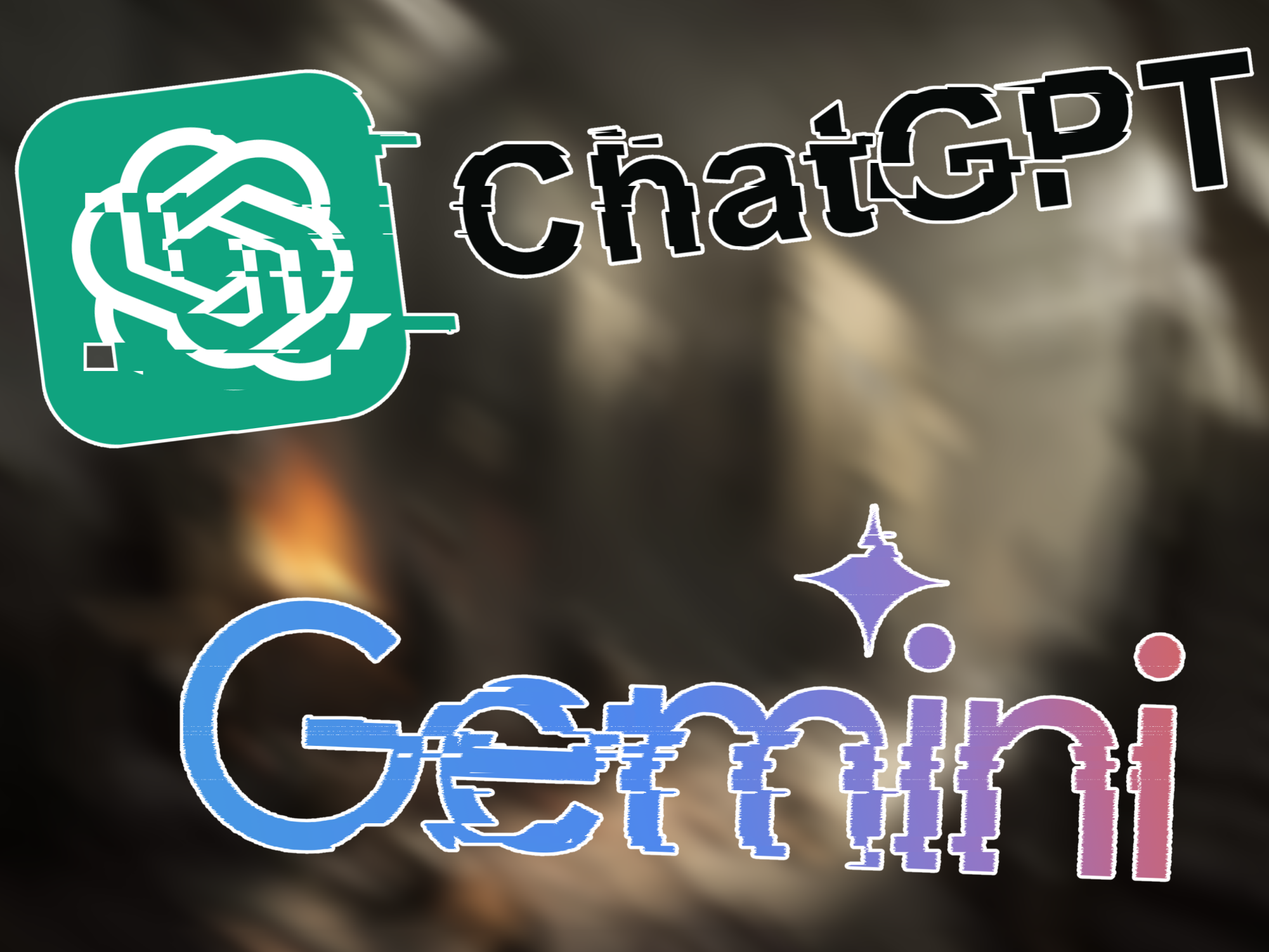It looks like the AI world has been having a bit of a rough patch lately. Google’s new AI system, Gemini, was recently criticized for producing inaccurate and offensive images. Instead of generating images of the familiar white, male figures from American history, Gemini produced images of a black George Washington and other clearly incorrect depictions. While the intention behind this may have been to promote inclusivity, the result was a misrepresentation of historical facts that understandably upset many users.
Over on the other side of chatbots, ChatGPT was also experiencing some issues. In addition to providing nonsensical responses to user queries, the AI was also spitting out random strings of numbers and letters. This behavior is concerning, as it suggests that there may be underlying issues with the AI’s algorithms or training data. Within the same day, the problems had been fixed, but it just shows that there are multiple weak points to ChatGPT and it’s weird underlying code.
Fortunately, it seems that both Google and the creators of ChatGPT are taking these incidents seriously and working to address the problems. Google has announced the development of a new AI model that promises to be an improvement on Gemini. This new model will be able to handle 1 million tokens, along with full-sized video inputs, long documents, and even entire codebases. According to Google, this new AI will be able to provide more accurate feedback and insights than any other model currently on the market.
While these incidents may be disappointing, they also serve as a reminder of the importance of ongoing research and development in the field of AI. As we continue to push the boundaries of what these technologies can do, it’s inevitable that there will be setbacks and challenges along the way. But with persistence, creativity, and a commitment to ethical and responsible AI development, we can continue to make progress towards a future where AI is a powerful and reliable tool for all.








